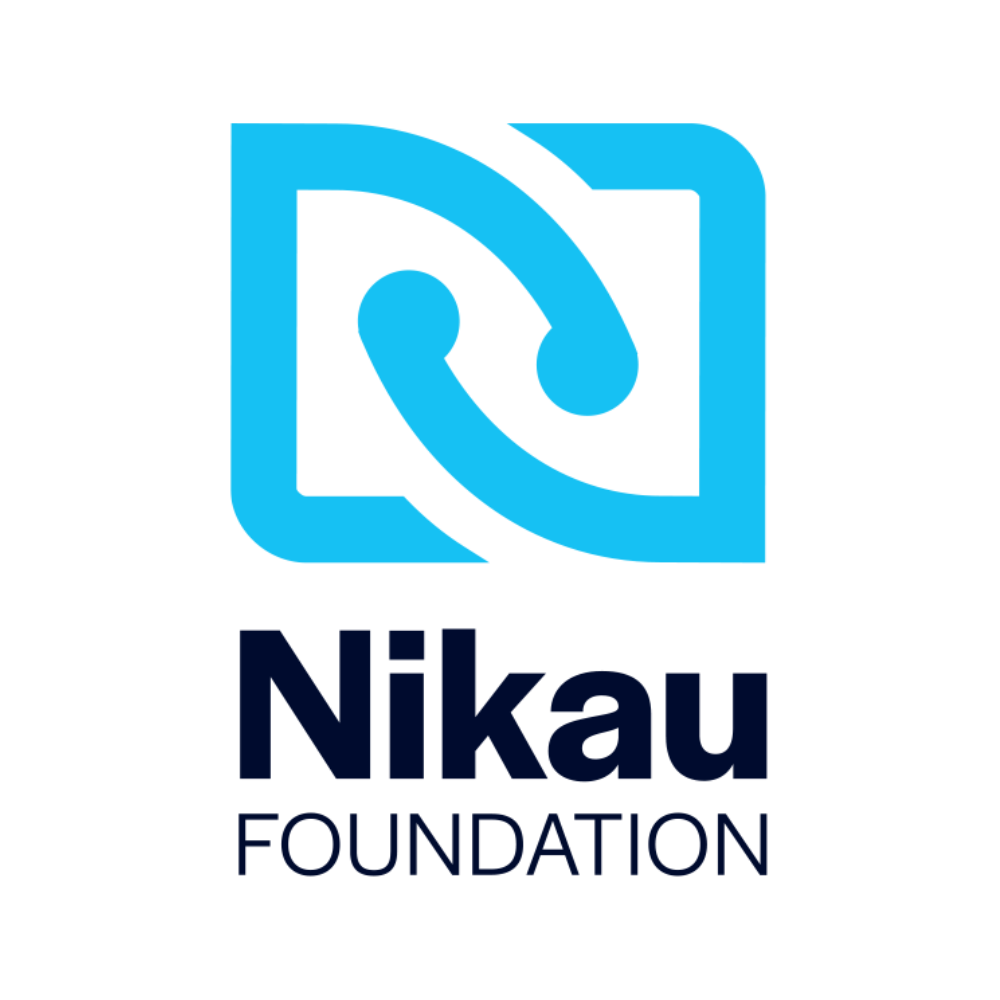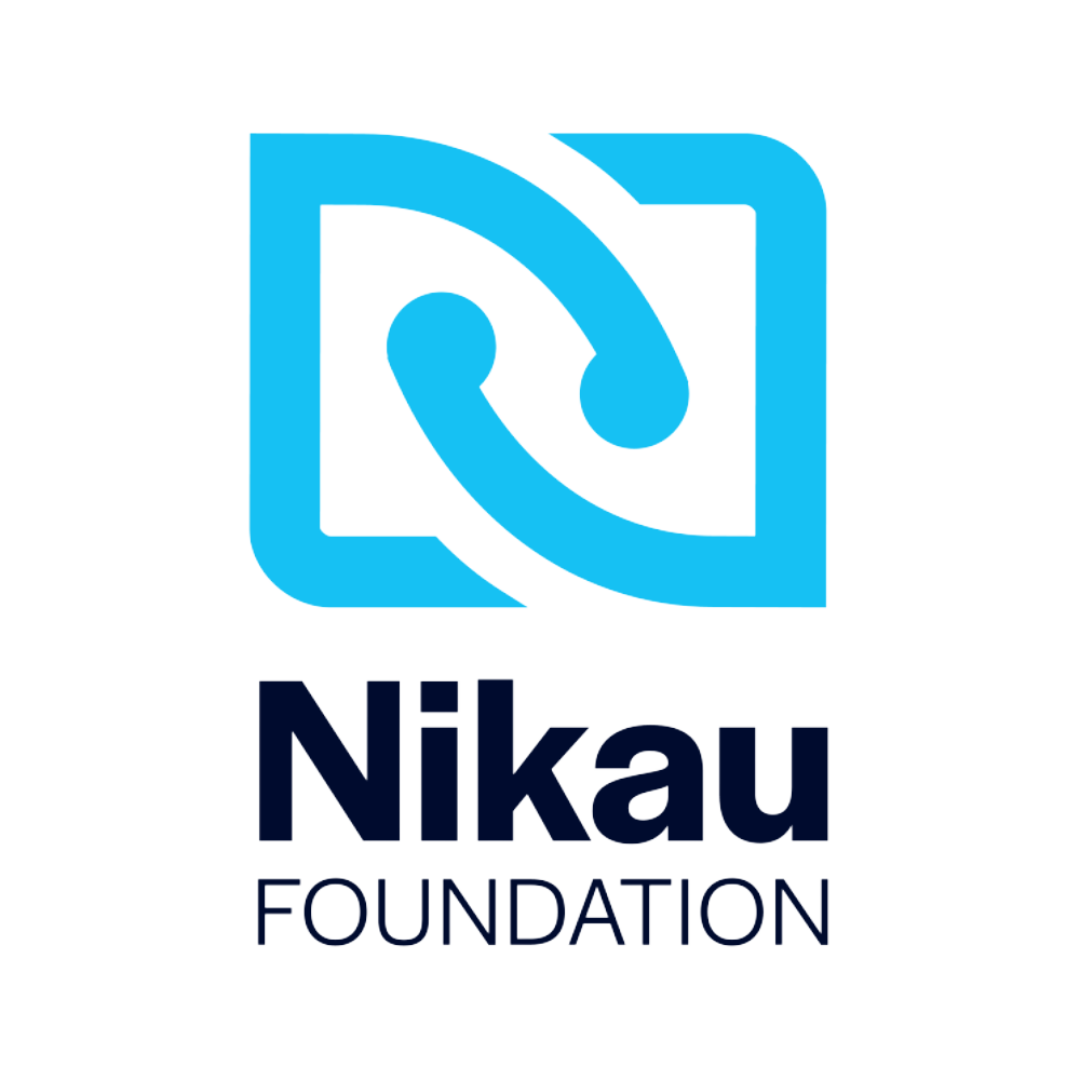Kiwi-English opens doors
Learning everyday Kiwi-English at English Language Partners Hutt gives migrants and former refugees the tools to participate in their new communities. With a grant from Nikau Foundation, the Lower Hutt based organisation produced a hardcopy of its popular newsletter and advertised for new volunteers.
Learning Kiwi-English
Living in a new country and not speaking the language can be an isolating experience. The seemingly little things – like getting the bus, going to the bank, or asking for direction – can be a real challenge.
On top of that, here in Aotearoa New Zealand, we speak really fast. And we have a tendency to mumble!
English Language Partners Hutt works with new New Zealanders, teaching our challenging Kiwi-English and helping people understand more about life here. “They’re learning how we speak English, not the Queen’s English,” says Centre Manager, Christine Cook.
Voluntary to professional organisation
The number and variety of classes run by the Lower Hutt-based organisation has grown since it was established as a volunteer-run organisation in 1996. Originally called ESOL Home Tutors, the service matched volunteers with a new settler for once weekly, hour long home-based English lessons.
English Language Partners Hutt is now a professional organisation with 18 staff, 69 active volunteers, and 50 nationalities making up their 345 learners. It runs a range of classes for people at different levels: the original one-on-one ESOL Home Tutoring lessons, general English group classes, and English for Employees for migrants and former refugees needing help with workplace English.
Participating in your community
Being able to communicate confidently means you can participate in your community, says Christine. It makes you feel part of a place, not just an onlooker which, she says, can be very isolating.
“Our philosophy is around our learners being able to fulfil their aspirations... Our classes help them to integrate and participate – so they can go to the bank, go to the shops, go to the school and talk to the teachers if they’ve got kids. Go to the doctor. It’s learning every day English.”
Support from the philanthropic sector
English Language Partners receives around 80 per cent of its funding from the Tertiary Education Commission. This funding is crucial, and very much appreciated says Christine, but it doesn’t cover all their operating costs.
“Tertiary Education funding is tagged for particular purposes, so they’ll fund X amount of learners for X amount of hours, however, there’s a lot of things we have to do over and above that …”
She says additional funding from organisations like Nikau Foundation has a real impact on the services they can provide.
“Philanthropic funders help us to offer other things or supplement things we are already doing. It’s really necessary because we really don’t have any other source of funding for that.”
Publishing a popular newsletter
English Language Partners Hutt were able to use funding from Nikau Foundation to pay for hardcopies of its popular newsletter.
Christine says the newsletter generates great feedback. On top of that, she says many of their learners do not have access to email or a computer so it’s a great way to connect people.
‘’I know it’s really old fashioned and people go ‘oh my gosh, you still print a newsletter!’ – of course we still send out online [versions], but a lot of our learners still don’t have email or still don’t have computers, so we’ve stuck with it. Our learners like to read them; they like to see their photographs in the newsletters and we still believe this medium is really effective. We also often put in a flyer advertising upcoming classes and use it as a direct mail tool.’’
Advertising for volunteers
Nikau Foundation funding also covered costs of advertisements placed in the Hutt News publicising twice-yearly volunteer courses. Christine says this has always been “the number one thing that works” for recruiting new volunteers.
“We are not inundated so we advertise in the Hutt News and that gives us most of our volunteers. They look out for the advertisement and say I’ve seen your ad in the paper and I thought I’d ring this time.”
We are grateful to The Tindall Foundation who helped make this grant possible.

